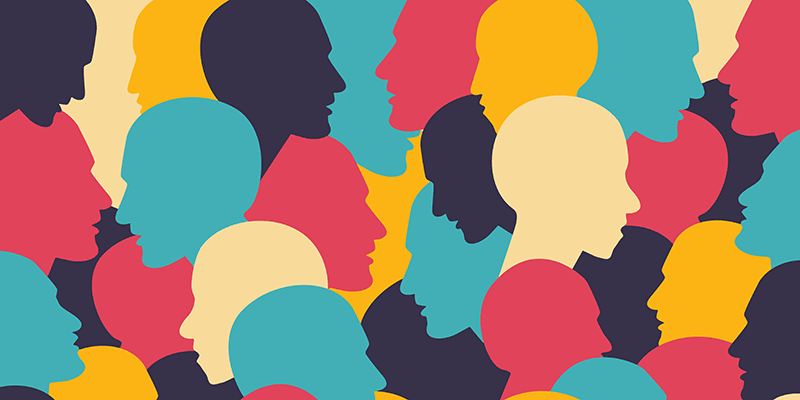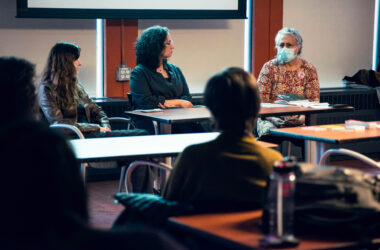The Black Healing Fund, established in Oct. 2020, offers resources to Black people in the Montreal area who are looking for mental health services. Kat Charles, a queer Haitian writer, playwright, performer, therapist-in-training, and community organizer, created the fund with the belief that Black people should not have to pay for their own healing in a system that harms them. Since then, the fund has been managed entirely by volunteers who collect donations through sites such as PayPal, Patreon, and GoFundMe.
In order to apply for funding, individuals seeking financial support are required to provide their name, location, and requested total amount. From there, recipients will be randomly selected. Those who do not receive funding during the most recent round, for which applications closed on Feb. 6, will be placed on a waitlist.
Naïka Champaïgne, a Concordia student, is one of six team members. As coordinator for the fund’s communications, Champaïgne emphasized the importance of the organization’s mandate.
“There is a huge community of Black people in Montreal, and a constant lack of acknowledgement that systemic racism exists in Quebec,” Champaïgne said. “For example, over the summer [during the Black Lives Matter protests] there was a much larger police presence in Montreal Nord where there are more Black people. There needs to be active support for Black people in Montreal.”
Maya Willard-Stepan, U2 Sciences, is the McGill Students Chapter of Jack.org‘s Equity and Sustainability Officer, and recognizes that the Black community is disadvantaged when it comes to accessing mental health resources.
“BIPOC youth are 26 per cent less likely to receive sufficient treatment if struggling with their mental health,” Willard-Stepan wrote. “It is crucial to the health and wellbeing of BIPOC youth to create supportive communities with meaningful mental health dialogue and provide affordable access to professionals who will assist without discrimination or bias.”
The Black Healing Fund does not bar anyone from requesting help, but they do remind people to be considerate when applying.
“We remind people to be mindful of social positionality, colorism, and socioeconomic status when applying,” Champaïgne said. “This fund is really intended for low-income Black people.”
The fund does not require recipients to spend the money on any particular practice, but provides a list of recommendations for potential healers whom they have vetted and linked on a page of the fund’s website.
While the Black Healing Fund is not directly affiliated with McGill organizations, campus mental health groups have voiced their support for the initiative.
Pratik Mahajan, U2 Arts, Vice-President External of McGill Students’ Nightline, and recognizes the importance of mental health resources from personal experience as a student from India who juggled several responsibilities.
“Every low income Black student faces unique barriers,” Mahajan wrote in an email to The McGill Tribune. “But the tallest one of them all is the one that keeps them away from seeking the support they need to overcome the mental toll of trying to overcome barriers every single day.”
Julia Caddy, U3 Arts and Students’ Society of McGill University (SSMU) Mental Health Commissioner and Chloe Holmquist, U4 Arts, Co-President of Students in Mind, and the chair of the Peer Support Center recognize that free mental health services are in high demand during the pandemic, which has disproportionately harmed Black and Indigenous communities.
“Through financial support to Black people seeking mental health resources [with the Black Healing Fund], there’s an opportunity for not only timely support but for culturally appropriate support,” Caddy wrote in an email to the Tribune.
Holmquist commented on the barriers facing Black people as they look for mental health support.
“Mental health services can often be both financially inaccessible as well as feel unsafe due to the limited number of Black mental health professionals available,” Holmquist wrote.
The fund hopes to open a second round of applications later this year, and regularly posts updates on its Instagram profile and Facebook page.








